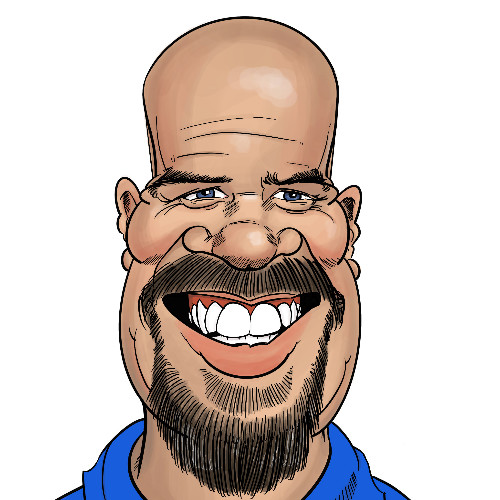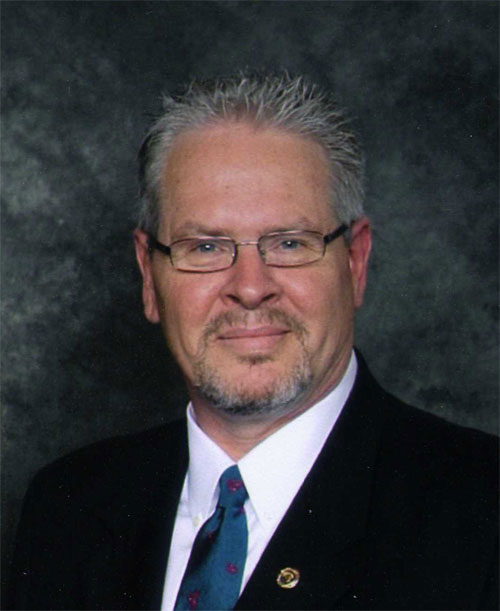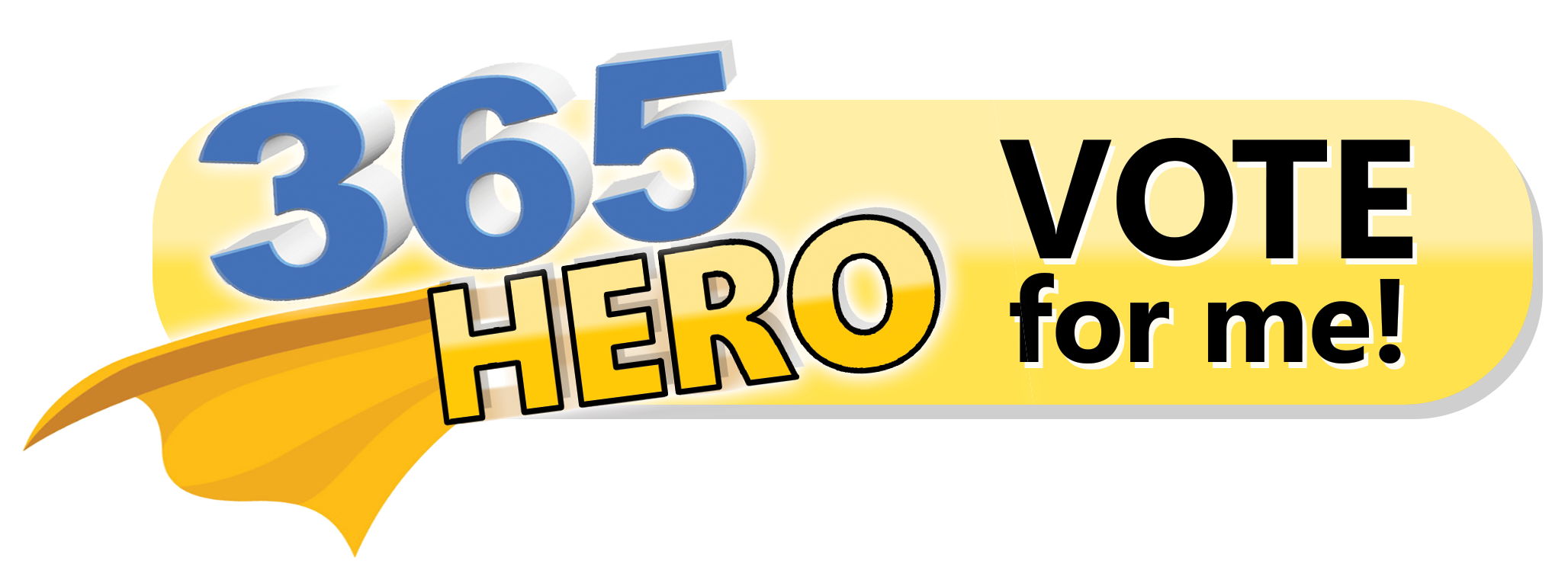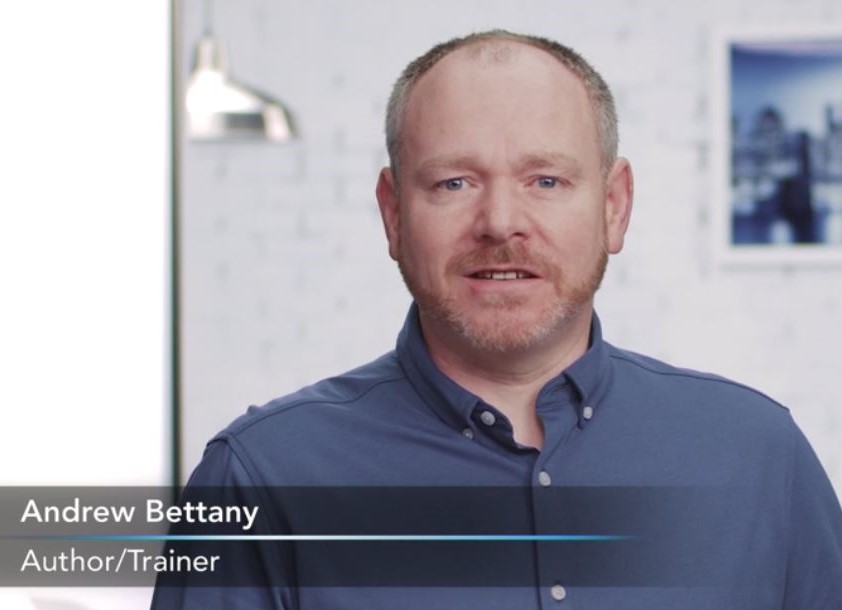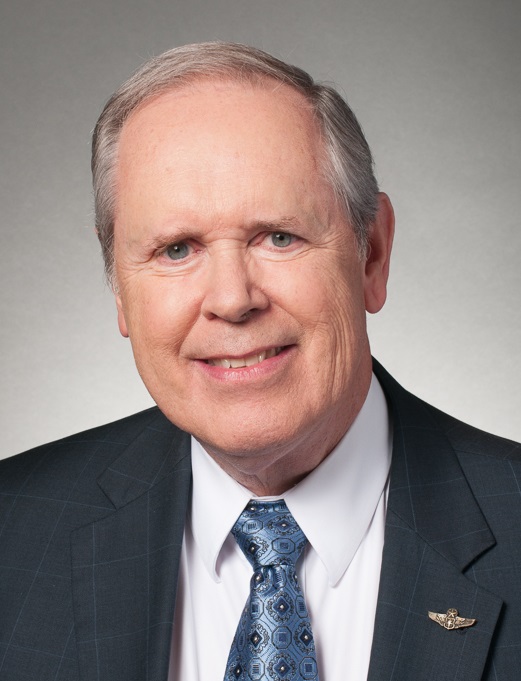Congratulations on building a successful business. Most MSPs spend years of pouring there heart, soul, blood sweat, and tears into building up there business, and although selling it for a handful of cash is amazing, there is also many emotions that may arise with the sale of your business. We meet up with Jamison West who shares with us the emotional journey, trials, tribulations, the ups and downs, the near failures, the decision making, and the lack of integrity while selling your business.
Video Transcription
Harry Brelsford
Hey nation nation. This is a special podcast we’re with now first time author and longtime friend of the family. Jamison West. How’re you doing?
Jamison West
I’m doing great, Harry. Thanks.
Harry Brelsford
Good. Hey, let’s take one minute to update the SMB Nation. Audience. It has been a while since we talked you and I had a couple back literally a couple of decades in Seattle. We have both moved. So you sold your MSP practice a number of years ago, it was 5.
Jamison West
Yeah 2016
Harry Brelsford
Yeah, five plus. And then you moved to Las Vegas, and you started doing new lines of work. And I resemble that I moved to Austin, Texas, and I’m doing new lines of work. So, you know, the the fabric of life continues. Right? Right. Um, but he told me about first First, what is the emotional side of selling a small business book about you said it’s, he called it a fable or something. What?Let’s talk about the book.
Jamison West
So yeah, lots to talk about there. i So, you know, I’m probably on my 12th or 13th business as an entrepreneur, but my baby, my big one in all of that was my MSP in Seattle 21 years, acquired for other MSPs from 2010 to 2012, sold in 2016. And what I found was that there are plenty of resources out there that discuss or help potential seller think about evaluation. What an LOI looks like, what due diligence looks like financials, customer contracts, payroll, and human resource transition, and blah, blah, blah. It’s all this technical, technical, legal, legal and accounting stuff. But there was really no resource that talk to me about as an entrepreneur and an owner, what that emotional journey was gonna look like the trials and tribulations, the ups and downs, the near failures, the decision making the lack of integrity and what I was sharing with my people, there was so much complexity to that. Those components of the sale that I just felt were missing. And it was very important for me. At some point, I was like, I think I think this would be really important to share. I started telling people about it, I was getting on. I was I was speaking on panels and sessions and things like that at conferences about this stuff. And I’m very transparent and open and people are like, how do you get that story out? I was like, Well, I guess you write a book. And there you go. That’s that’s where it came from.
Harry Brelsford
Yeah, yeah. No, I like In fact, I’m looking forward to reading it. Because I know as we speak, this is just before IT nation, and it’s literally at press.
Jamison West
It’s ready. It’s ready now like yesterday or something like that. Yeah. Good to go. Yeah, no,
Harry Brelsford
I look forward to reviewing it. And I’ll tell you why. I haven’t been involved in a lot of m&a conversations with SMB Nation but not surprisingly, over 22 years that the phone rang once or twice. And it is an emote that what I remember is the emotional side. I remember the emotional side of selling a small business now I didn’t I should have let me tell you the phone rang in 2007 Right before the Great Recession and but I got caught up in the emotion you know for me and see if any of this lands with thee and you know, no names please I want to respect the other party. But I’m the number one I didn’t want to boss the site down Got it. I’m gonna have to go work for three years. Got it? Got it. Got it. Again, I wish I had knowing what I know now. Number two, I had advisors you know and that’s not a surprise you’d be talking to your friends formally or informally to kind of navigate and they thought you know, you’re they’re offering you a price here which turned out it would have been a nice price. But they said no, you’re worth here you’re worth here don’t do it. Don’t do it you’re worth here. Do any of those resonate with you that I don’t want to boss or the I’m gonna hold out
Jamison West
I am a serial entrepreneur I’ve told people I when I was approached and actually I’m not unhappy sharing and they wouldn’t be too happy share the name of who I sold to this story by the way is not explicitly my story. I should say fable is a fiction right so I it was a collection of experiences both at I’d garnered through my sale and and for acquisitions and seen both sides of it many times, and six case studies that are at the end of the book that take up about a third of them content that are other experiences that I drew on to build this table. So let me let me state that the book is not an explicit nonfiction account. It is. I mean, it’s true to life. But it’s not my story that I that ultimately who I sold to, you know, I the very first words out of my mouth when I got the call, and I’ve had calls, and like I said, I’ve had a lot of businesses, I get calls weekly on three businesses I have right now. So it happens all the time. And the very first thing I said, when I started to get serious to my potential boss is like, here’s what I want to tell you about the acquisition, I’ll be the worst employee you ever had. Because I’ve never been an employee. I don’t even know how to do that. I don’t even know what that means. In my I don’t, I’ve never been an employee of an organization, at least not since I was a kid, literally, in my teenage years is the last time I was unemployed. I don’t understand it. I’m not capable of it. I’m in my 50s. Now, it’s not something I’m gonna start doing. So that was the first words it was like, so we’re gonna have to figure that out real early, because then it’s not going to happen. And so what does that mean to sell your company transition, run it help with the integration. But what I learned in that conversation in that process, and this is part of one of the case studies that shared is that if you enter into this conversation with a list of things that are non negotiable for yourself, this kind of came from Arlen Sorensen. My mentor is a key part. He wrote the foreword for the book. And he was really a key a key mentor of mine in and pushed me in his own way. Sure. He, his big recommendation is like, you need to be really, really clear in your non negotiable. So when you reach points where you’re being pressed against those non negotiables, you’ve already drawn a long line in your sand a line in the sand in your head, and you don’t get emotionally drawn into something that allows you to keep stepping back below that. Right, so. So does your comment resonate 100%. I mean, these are exactly the types of things that we tackle. There’s more, but that those are a couple of key components.
Harry Brelsford
Yeah. And then another experience, then I’m going to talk about why and how you wrote the book. But final, you know, storytelling would be about five years ago. In fact, I just talked to the guy. We two weeks ago, we briefly at SMB Nation toyed around with the idea of offering sort of m&a matchmaker services. It proved not not to be a natural act for us. But we did work with two good sized MSPs in the Midwest. And I had a guy who came from the financial services industry kind of in my hip pocket to drive that motion. And the two MSPs got it, you know, great people, and we were getting closer to the wedding day. And then one of them got cold feet up at the altar. Have you seen that? Or do you write about that?
Jamison West
Yeah, cold feet on both sides. I’ve seen cold feet from an acquire and acquiree perspective. And not just I mean, cold beats one thing that happens the other thing that is probably happens more often is it’s not just like a generic sense of cold feet. It’s one little nuance in the agreement that triggers something that’s maybe real or maybe just felt and that upsets the apple cart to the degree that these things don’t finish that in for me, you know, something in the 24th hour that pops up this kind of happened to me and I got angry and I respond in all these ways at what was happening to the to the company that acquired me and then ultimately realized the reason for it wasn’t it wasn’t a screw me over as a seller. There were some there were some banking requirements and ultimately a really good Frank open one on one conversation with the acquire a lot of us to resolve this in an amiable way. But that’s one of those things that if that weren’t the case, if there was a different person on the other end of the phone line, if there really was like, who I’m gonna try to put this hook in the contract, see if you miss it, figure out how to not pay you 20% of the acquire acquisition price or something like that. Those are the things that destroy an acquisition. Yeah, and it’s it can be cold feet, just generic, what am I doing? Self so I like in selling especially if it’s a business that if you’re an E Myth entrepreneur, you poured your heart and soul into something probably underpaid yourself, for the vast majority of the time you owned and built that entity because you’re building an asset and then you go to sell it you realize this is like giving birth to a child not rich. were men. So I can only speak to this so much. But it’s like giving birth to a child, raising it for 18 years, and then not letting it go selling it for money. Like, like, that’s it like, like put it in cotton. That’s, that’s, that’s not, that’s not an okay thing. And there’s a whole bunch of pain that goes with it. Because it’s not just, it’s not just an asset you built this way you put your heart and soul into it, you you care about the people who work that you care about the clients because you did it with purpose. And now you’ve got to sell it for money, and figure out how to reconcile that. All of those things. And that’s, that’s a painful thing. It’s selling your babies have painful that.
Harry Brelsford
Yeah, so I mean, I think that I, I went through that very acutely.
Jamison West
And it meant all kinds of triggers happen towards the end of that acquisition that I didn’t expect or see coming. And I never had a resource that told me to expect it. And that’s what I wanted.
Harry Brelsford
For I asked you the, the why, and the how, and the who a book that really set me straight John Warrillow out of Canada, Built to Sell. Wish I’d read this years ago because Jamison, I I am involved in a couple of different startups. That’s not why we’re here. I’m not going to use you are. But I’m less emotional in my new startups estimation, way too emotional is but it was a lot of fun. Because it’s your first
Jamison West
one, you’ve been through the yarn once you’ve been through it. And that’s something I can tell you. Now I’m involved in multiple ventures, I get caught a little bit on things here and there. But by and large, am I as emotional about my ventures now as I was about the one I started when I was in my 20s and poured my heart and soul into for 20 years? No, no, of course not. I’m a more mature entrepreneur, right. So but most people don’t go on to create 12 companies right that most people have the one and and they get to this point in their lives. So I love Built to Sell because it’s about how to separate I had to separate a big, big part of me selling my MSP that I built between It was named Jameson West consulting services, JWCS, I rebranded it kind of one of the recommendations, I had to separate my personal name and brand from the entity. I renamed it Arterian. I started my personal brand Jameson West, and here’s Arterian, I need to build it to sell, it needs to be of value outside of the cult of Jameson, which I have been accused of because you’re the CEO and you have a personality. Right, you’ve got to start making these really intentional shifts. So I learned a lot and did some of those some of the right things and a lot of the wrong things. But then it’s what happens hairy. And I think that this is where you were really getting at is when you sell that big one SMB Nation was to you what our train was, to me, it was a big part of my personal identity. Yeah, and you’re right, when you’re separated from your identity that is painful as a human. Like how now what, who am I? What am I like, my world was I own this successful, I no longer own and I’ve gone. So what’s my identity? It’s a pain that you have to reconcile that.
Harry Brelsford
Well, let’s Yeah, let’s do this. Let’s get you back next quarter after launch. And after you get some, and I’ll read the book, and we’ll talk so we’re gonna get you back. Okay, and we’ll pick up that conversation. But let’s start to wrap this up with how and why how do you write the book? And why are reverse order or whatever your pleasure.
Jamison West
So the Why was the why was simply I’d gone through all of this, I really felt like there was no resource that could have helped me, I begin speaking very openly in transparency, transparently about my experience. And then people started asking me how I could how I can scale that share. And to me the book seemed the obvious way to do it. Number one, and then what kind of I delayed? I didn’t do it. I think a lot of people talk about writing books and don’t get there, you’ve done 24, you could probably share that ad nauseum. But you’ve obviously kept your motivation. This was my first and what happened is a friend of mine who owns a business in Miami. I’ve done case studies and been featured in a couple books. So that happened, and I was interviewed for it and had some help kind of writing my case study to go back into that book and the individual who helped me when I saw the product of that conversation and the handful of pages that went in the book, I was like, That’s my voice. That’s my experience. That’s what I want. And so I was able to, I was like I found somebody I trust to help me through the process. And so Bill, Bill ardolino is my editor writer kind of helped me work through that you’ve done the same for others. And I think that that trust that I could actually generate something I could be proud of, through that help and experience, kick my butt into gear. So I think it’s kind of one of those things when you commit you commit. So let’s go and let’s get it out by x date. And there you go. We did it.
Harry Brelsford
All right. And so essentially the launch is that it nation, Nov. 1011 12. In Orlando, actually, I’ll see you there. We’re going to get a photo. And where can people get the book the emotional side of selling a small businesses at Amazon?
Jamison West
Yeah, so really easy. It’s on Amazon. It is actually fully published and available now. It kind of launched a little earlier than I expected. They moved quickly. If you just go to Jameson West COMM And you can see it all there. It’s right in my website links there if you can’t find it on Amazon and J m i s o n west.com. So it’s right there.
Harry Brelsford
All right. Well, congratulations. Welcome to the club and keep on typing. All right.
Jamison West
Thank you, sir. Appreciate it. Yep.









